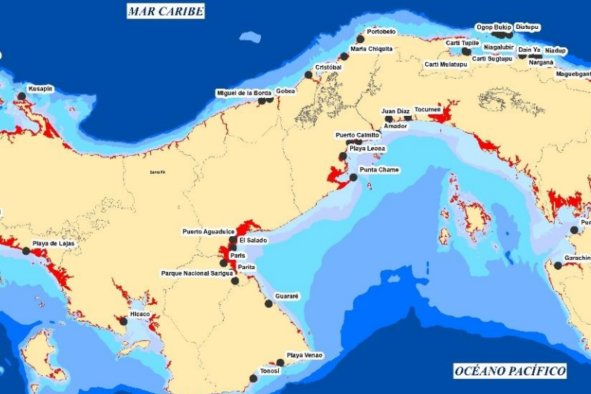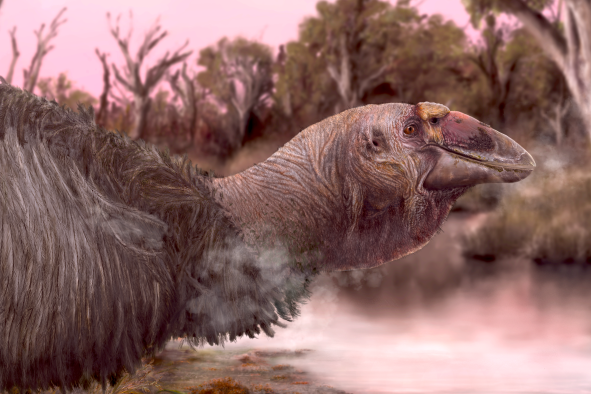A nasty parasite that is sometimes found in the water supply may soon be treatable, thanks to new research.
This parasite, named cryptosporidium, is a single-celled organism that can cause a diarrheal disease called cryptosporidiosis, which can be contracted after drinking or swimming in water contaminated with infected feces.
This discovery of how this organism selects its sex may help researchers develop treatments or vaccines for the infection, neither of which are currently available for this parasite, according to a new paper in the journal Nature.
There are several species of cryptosporidium, but the most common ones that infect humans are Cryptosporidium hominis and Cryptosporidium parvum. Symptoms of the infection include diarrhea, as well as abdominal pain, nausea, vomiting, and dehydration are also common.
Cryptosporidiosis is one of the most common causes of waterborne disease in the U.S. The Centers for Disease Control and Prevention (CDC) estimates that over 800,000 cases occur annually in the U.S., many of which are related to international travel. Over 100 people became infected with cryptosporidium in Devon in the U.K. last month, with residents still unable to drink the tap water.
There is no specific drug available to treat cryptosporidiosis infections, though most people get better after a few days.
According to the new paper, researchers from the University of Pennsylvania developed a single-cell atlas of cryptosporidium, revealing the gene expression across its life cycle. Scientists were previously unclear as to how this parasite becomes male or female in the lead-up to sexually reproducing in our intestines.
"These parasites do not have sex chromosomes, like the human X or Y," study co-author Katelyn A. Walzer, a postdoctoral fellow at the University of Pennsylvania's School of Veterinary Medicine, said in a statement. "Revealing how they choose a sex is of fundamental biological interest and provides a new key target to block transmission and infection."
The life cycle of cryptosporidium includes both asexual and sexual reproduction, occurring in the intestines of the host. Asexual reproduction is done while the parasite is in its sexless asexual phase, while the parasite becomes male and female to sexually reproduce. This sexual reproduction forms spores known as oocysts, which are excreted in the feces and can contaminate water, food, and surfaces, which when consumed can lead to infection.
"The invasive forms of the parasite come with a battery of weapons that allow them to invade and overtake our cells, and this arsenal is assembled with remarkable time precision," co-author Boris Striepen, a parasite expert at the University of Pennsylvania's School of Veterinary Medicine, said in a statement.
The researchers describe how they identified a gene, Myb-M, as the earliest determinant of male sex, showing that manipulating this gene can control male development and block infection.
"We show in this and other work that the sexual part of this life cycle is critical to infection, and blocking it through parasite contraception will block the infection," said Striepen. "We may be able to cure the disease or weaken the parasite to engineer a vaccine, so I think there's a really strong translational potential."
By blocking or manipulating proteins called transcription factors that control the expression of the Myb-M gene, the researchers found that the parasites couldn't reproduce sexually, preventing the formation of oocytes.
"When we forced the parasite to make this factor at any point, each and every parasite turned male, and when we took it away no males developed. Importantly, both of these manipulations blocked the infection," Walzer says.
The atlas of the parasite's genome may allow researchers to develop other ways to treat the infection or create vaccines against the disease.
"We have a full understanding of all the genes that are involved in each of those processes, from invasion to growth to division to then forming the invasive form again," Walzer said.
"[This study] leads us up to knowing the complete catalog of genes required for parasite sex, providing important clues to mechanism and translational targets."
Do you have a tip on a science story that Newsweek should be covering? Do you have a question about parasites? Let us know via science@newsweek.com.
Disclaimer: The copyright of this article belongs to the original author. Reposting this article is solely for the purpose of information dissemination and does not constitute any investment advice. If there is any infringement, please contact us immediately. We will make corrections or deletions as necessary. Thank you.



